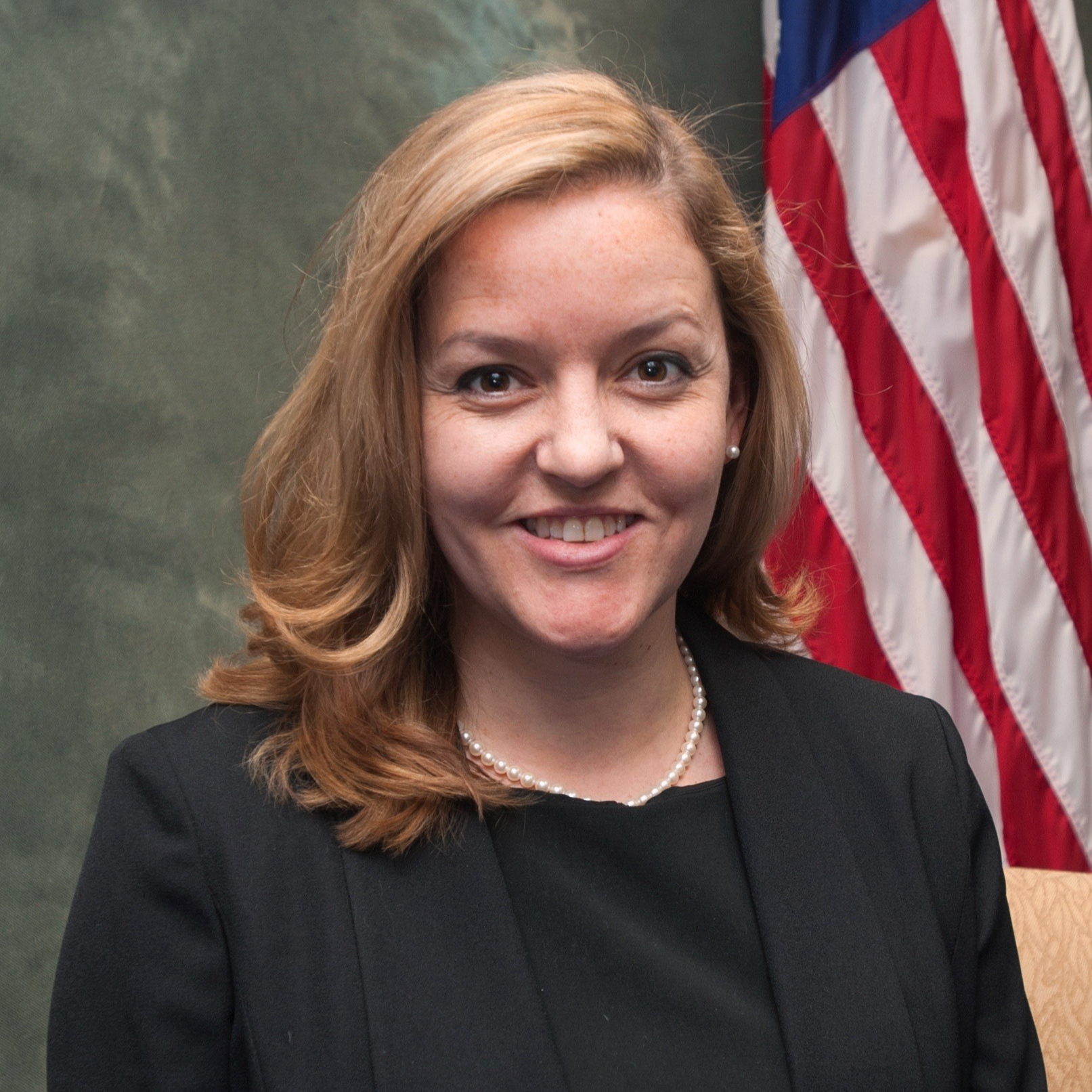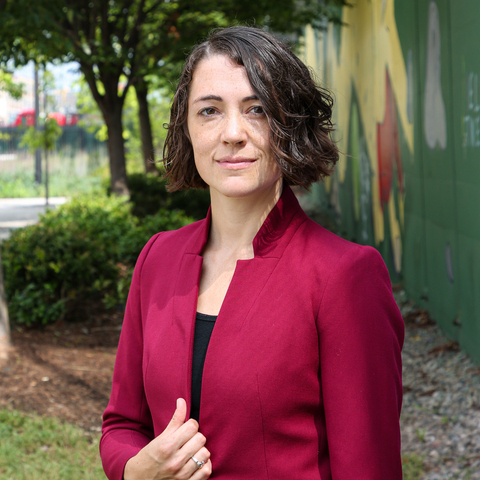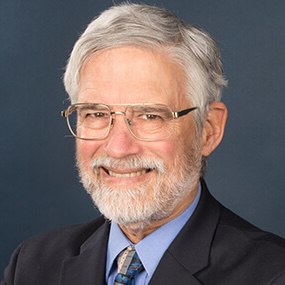Virtual Event
Under Attack: Science, Research, and the Trump Administration
Earlier this year, President Trump issued an Executive Order and a budget proposal aimed at cutting support for the scientific research community. Following the swift reductions in staffing and contracts under the Department of Government Efficiency (DOGE), an already tumultuous 2025 for science is now preparing for an even more difficult 2026.
Agencies such as the NIH, NOAA and NASA are already feeling the attention directly, especially in areas of cancer and vaccine research, forecasting major tropical and inland storms, and overall US competitiveness against rising countries. The sheer volume and complexity of the statements and Executive Orders have kept leaders in limbo while trying to determine what will remain in effect and what may ultimately be ruled unlawful or unconstitutional.
How will possible cuts directly affect scientists, and what solutions may exist? Has the scientific community lost the trust of the public, as the Trump Administration suggests, and if so, is reduced funding the way to restore faith and competitiveness in our research community? Will the system starve if the cuts continue?
Earlier this year, President Trump issued an Executive Order and a budget proposal aimed at cutting support for the scientific research community. Following the swift reductions in staffing and contracts under the Department of Government Efficiency (DOGE), an already tumultuous 2025 for science is now preparing for an even more difficult 2026.
Agencies such as the NIH, NOAA and NASA are already feeling the attention directly, especially in areas of cancer and vaccine research, forecasting major tropical and inland storms, and overall US competitiveness against rising countries. The sheer volume and complexity of the statements and Executive Orders have kept leaders in limbo while trying to determine what will remain in effect and what may ultimately be ruled unlawful or unconstitutional.
How will possible cuts directly affect scientists, and what solutions may exist? Has the scientific community lost the trust of the public, as the Trump Administration suggests, and if so, is reduced funding the way to restore faith and competitiveness in our research community? Will the system starve if the cuts continue?
Speakers

Alexandra Bell is the president and CEO of the Bulletin of the Atomic Scientists. Prior to this, Bell served as the Deputy Assistant Secretary for Nuclear Affairs in the Bureau of Arms Control, Deterrence, and Stability (ADS) at the U.S. Department of State. From 2017 to 2021, she was the Senior Policy Director at the Center for Arms Control and Non-Proliferation and the Council for a Livable World. Previously, Bell served as a Senior Advisor in the Office of the Under Secretary of State for Arms Control and International Security and as an Advisor in ADS, then named the Bureau of Arms Control, Verification and Compliance. She also worked on nuclear policy issues at the Ploughshares Fund and the Center for American Progress. She received a Master’s degree in International Affairs from the New School, and a Bachelor’s degree in Peace, War and Defense from the University of North Carolina at Chapel Hill.

Gretchen Goldman is president of the Union of Concerned Scientists. Previously, she served in the White House as the assistant director for environmental science, engineering, policy, and justice in the Climate and Environment division of the Office of Science and Technology Policy. She also served as the climate change research and technology director at the US Department of Transportation. In 2024, Goldman received a US Department of Transportation Secretary’s Award for her work on decarbonization of the transportation sector. She holds a PhD and MS in environmental engineering from the Georgia Institute of Technology, and a BS in atmospheric science from Cornell University.

John P. Holdren is an emeritus professor at Harvard University’s Kennedy School of Government and the co-director of the Science, Technology, and Public Policy Program in the School’s Belfer Center for Science and International Affairs. Holdren was the science advisor to President Obama and director of the White House Office of Science and Technology Policy from 2009 to 2017. He served as chair of the National Academy of Sciences’ Committee on International Security and Arms Control from 1994 to 2005. Holdren holds advanced degrees in aerospace engineering and theoretical plasma physics from MIT and Stanford.
© 2025 BULLETIN OF THE ATOMIC SCIENTISTS
1307 E 60TH ST CHICAGO, IL 6063
